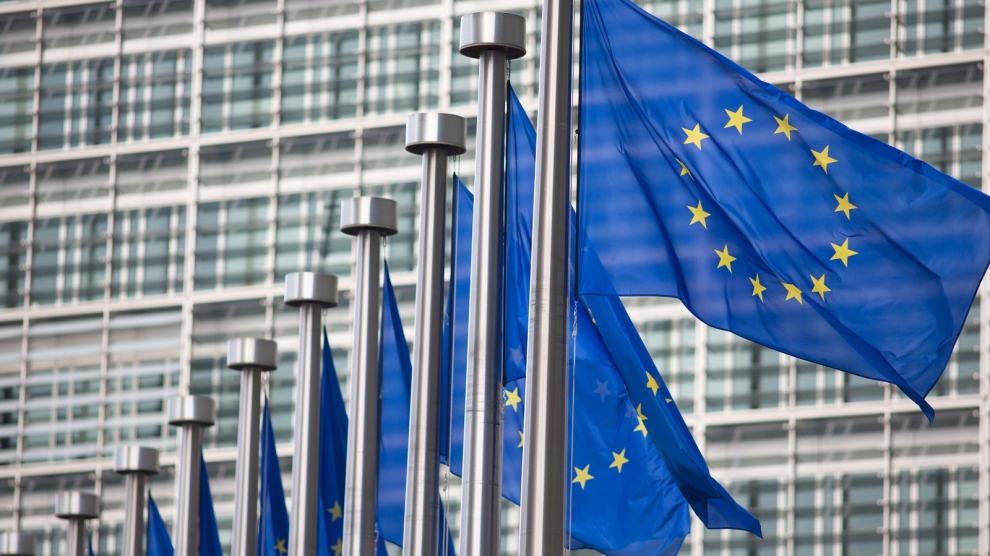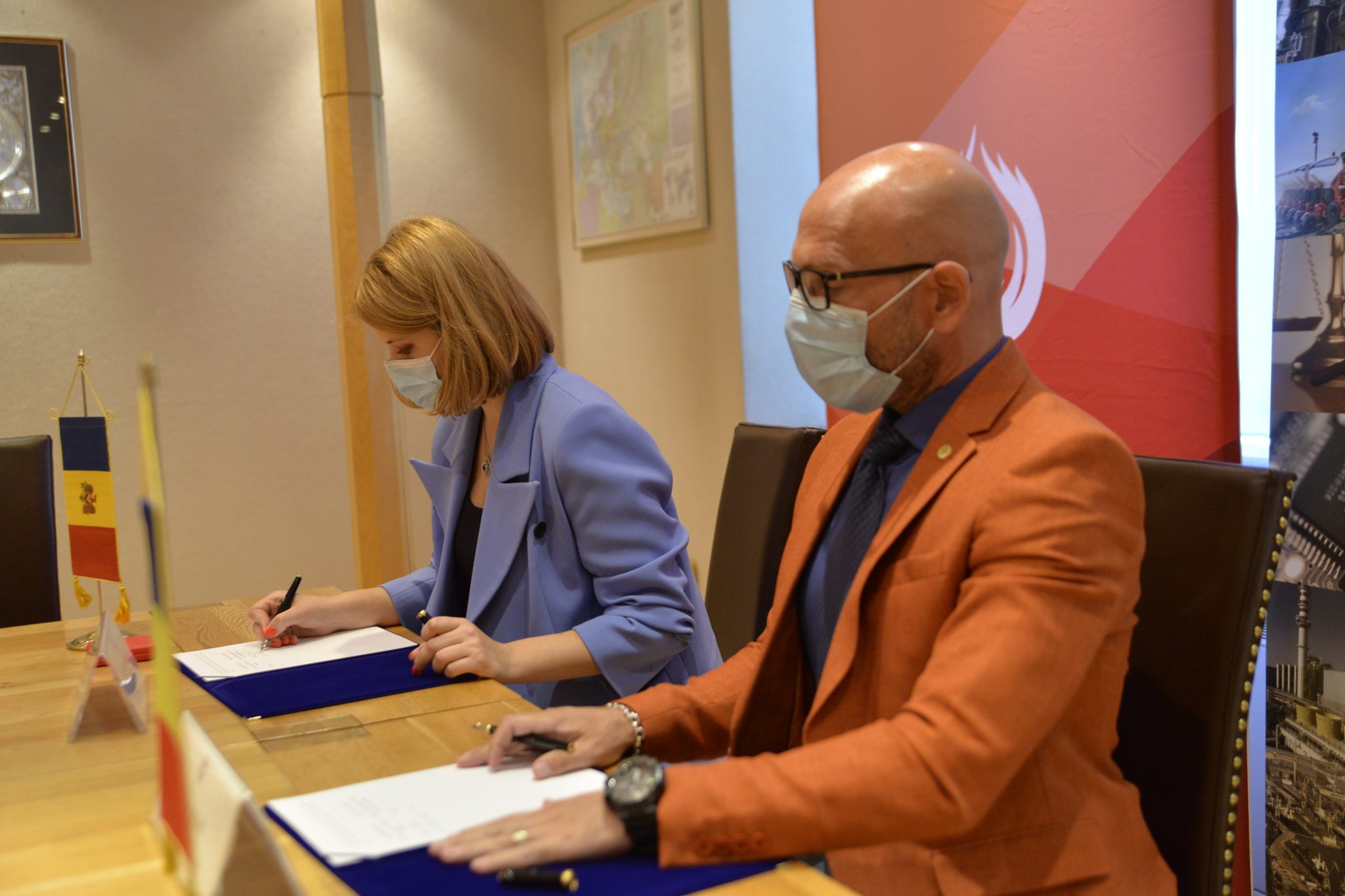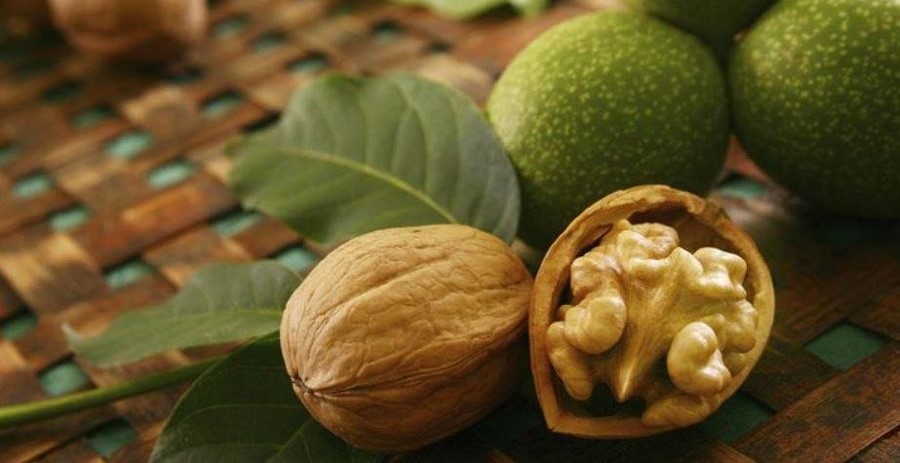Economy
Ukraine Political Infighting Impacts Economy
Reading Time: 3 minutesUkraines constitutional court has postponed the date of presidential elections from October until January – a move that buys more time for President Viktor Yuschenko who is likely to face a tough re-election challenge.
By Anya Ardayeva
Ukraine’s constitutional court has postponed the date of presidential elections from October until January – a move that buys more time for President Viktor Yuschenko who is likely to face a tough re-election challenge. The ruling follows last month’s overwhelming vote in parliament to hold the election on October 25 – two months before Mr. Yushchenko’s term expires. With his popularity plummeting, political infighting between the president, prime minister and parliament is taking its toll on the economy now undergoing a severe slowdown.
Picture of economic stability
In Kyiv, it looks as though the country’s economy is in good shape. The streets are packed with shoppers and street vendors are plying their trade.
But the managing director of the Dragon Investment company, Dmitro Tarabanik, says appearances are deceptive. "Ukraine is on the edge of the cliff, that’s very clear," he said. "But what we do see is that there’s been a lot of things that have happened already that are sort of managing to keep us more or less stable near this cliff."
What helped was the news that came last month. The International Monetary Fund announced it would release the second tranche of Ukraine’s $16.4 billion loan. Yet analysts warn the country’s economy is far from being fully stable.
"The crisis can get a lot worse in Ukraine before it gets better and there’s a chance that by this fall we will see larger demonstrations, mass arrests – that’s quite possible," said Ivan Lozowy, who heads the Institute for Statehood and Democracy in Kyiv. "I think the chances are over 50 percent."
Political infighting greater threat?
Observers say political infighting is the greatest threat to stability. They say that conflicts between Mr. Yushchenko and Prime Minister Yulia Tymoshenko have already paralyzed policymaking – and this is likely to benefit their political rivals.
Especially Victor Yanukovich, the leader of the opposition Party of Regions. He has announced he will run for president and now tops national opinion polls.
One reason for this is that Ukrainians have lost faith in the country’s current leaders, according to Leonid Kozhara, a lawmaker for the Party of Regions.
"Unfortunately, in this country the government and president cannot unite their forces and concentrate on purely economic things. They are talking politics all day and they tell you it’s a continuous political scandal which is shown on TV channels, on the radio and the people of Ukraine understand that we cannot live in such way anymore," Kozhara said.
Another contender for the presidency is the former parliament speaker, as well as ex-Foreign and Economic minister, 34-year-old Arseni Yatsenuk. Analysts say he represents a moderate force between the pro-Russian camp of Victor Yanukovich and pro-Western Victor Yuschenko. Currently third in the polls, his outlook for Ukraine’s economy is optimistic:
"Definitely, we are under certain dramatic conditions with this global crisis, we are heavily affected by this global crisis, I mean not only Ukraine but the entire Eastern Europe," Yatsenuk said. "But it’s not for the first time when Ukraine faced the crisis so we are going to overcome it and we are to execute it as a challenge, as an additional option to develop and to promote the country."
Russia monitoring situation
Ukraine’s big neighbor Russia, which traditionally considers Ukraine as part of its sphere of influence, is undoubtedly monitoring the situation closely.
Russia’s Gazprom has been raising the price of Russian gas for Ukraine sharply since 2005, and that has pushed Ukraine’s trade and current accounts into deficit. In January, Russia cut off gas supplies to Ukraine for three weeks over a pricing dispute.
"They weaken the country by splitting, by feeding different groups of influence, by using openly energy as a weapon of international policy, using religious issues and others, cultural and etc. We are facing so many things happening and those things are organized and well thought of in advance unlike the situation in Ukraine," said Oleg Rybachuk, the former advisor to Victor Yushchenko. "Therefore they clearly use to the maximum Ukrainian weaknesses to strengthen their own."
But while Russia might have some influence in political maneuvering leading up to elections, the most important question is how Ukraine, a country of 46 million, manages to deal with the economic crisis. And that, observers say, will not be decided by elections but by how soon Ukraine’s political leaders can put aside their differences and push through significant economic reforms.
Economy
Moldova will receive a disbursement of 36 million euros as part of the the Economic Recovery Plan

This week, the European Commission approved the disbursement of 36 million euros in grant money for the Republic of Moldova. The announcement was made by Deputy Director-General for Neighbourhood Policy and Enlargement Negotiations at the European Commission, Katarina Mathernova, who paid an official visit to the Republic of Moldova between September 13-15, together with Managing Director for Russia, Eastern Partnership, Central Asia, Regional cooperation and OSCE, at the European External Action Service, Michael Siebert.
The EU officials had meetings with President Maia Sandu, Minister of Foreign Affairs and European Integration, Nicu Popescu, Speaker of Parliament, Igor Grosu, Prime Minister of the country, Natalia Gavrilita, as well as key representatives of Government, international financial institutions and the civil society, according to a press release issued by the Delegation of the European Union to the Republic of Moldova.
Beside such topics as the EU-Moldova relations and prospects, the priorities of the reform agenda of the new Moldovan Government, preparations for the Eastern Partnership Summit at the end of the year and the Transnistrian conflict settlement, the officials also discussed the EU assistance in support of reforms and the Economic Recovery Plan for Moldova, which was announced in June with a total EU support of 600 million euros over the next 3 years.
“The first measures under the Economic Recovery Plan will shortly materialize, with the expected disbursement of 36 million euros in grant money under budget support programmes to support the authorities’ efforts to fight against the consequences of the pandemic. Moldova can count on EU’s assistance on its path to reforms and to recovery, bringing tangible results to citizens,” Katarina Mathernova stated.
The plan is based on assistance provided by the European Union through various bilateral and regional instruments, aiming to mobilize the funds in the form of grants, loans, guarantees and macro-financial assistance.
“The Economic Recovery Plan for the Republic of Moldova involves much more, not just this financial support provided immediately. It must help digital transformation, strengthen infrastructure, energy efficiency, education and support small and medium-sized enterprises,” the EU official also said.
As Prime Minister Natalia Gavrilita informed, “The Economic Recovery Plan and the 5 flagship initiatives for Moldova in the Eastern Partnership will directly contribute to the reform and consolidation of institutions, stimulate long-term socio-economic development, bring direct benefits to citizens, and unleash new economic opportunities through promoting the green agenda and digitization. Small and medium-sized enterprises (SMEs) have been hit hard by the crisis. Promoting and diversifying access to finance and reducing collateral requirements will be essential in supporting economic operators. We are grateful to the EU partners who will launch two programs to support 50 000 independent Moldovan SMEs to adapt to the new conditions.”
President of the Republic of Moldova, Maia Sandu, welcomed the decision of the European Union to disburse about 745 million lei in grant money, as the official page of the President’s Office announced. “EU support comes after a long period of freezing of European assistance, caused by former governments. We managed to relaunch the political dialogue with the European Union and resume financial assistance. The Republic of Moldova is gradually regaining the trust of its strategic partners. This European support is also a signal of encouragement for the new Government team in its commitment to clean up the institutions, fight corruption and launch development programs in the country,” said Maia Sandu.
Photo: unknown
Economy
Romania and Moldova signed a partnership memorandum pledging to cooperate in promoting their wines

The Chamber of Commerce and Industry of Romania (CCIR) and the National Office for Vine and Wine (NOVW) of the Republic of Moldova signed, last week, a memorandum of cooperation on organizing joint promotional activities in the markets of common interest, as the CCIR announced.
China, Japan or the USA are just some of the markets targeted by the Romanian and Moldovan institutions. The memorandum also involves advertising activities for wines from common indigenous varieties, promoting the oeno-tourist region, developing a tourist route in the two states, exchange of experience, study visits, and mutual support in identifying new export opportunities. “We are very confident that this collaboration between our organizations will lead to sustainable economic growth and a higher degree of well-being among Moldovans and Romanians,” claimed Deputy Secretary-General of CCIR, Bogdan Visan.
On the other hand, Director of the NOVW, Cristina Frolov, declared that no open competition with Romania is aimed at the governmental level of the Republic of Moldova. “This request for collaboration is a consequence of the partnership principle. Romania imports 10-12% of the wine it consumes, and we want to take more from this import quota. Every year, the Romanian market grows by approximately 2.8%, as it happened in 2020, and we are interested in taking a maximum share of this percentage of imported wines without entering into direct competition with the Romanian producer,” the Moldovan official said. She also mentioned that Moldova aims at increasing the market share of wine production by at least 50% compared to 2020, and the number of producers present on the Romanian market – by at least 40%.

Source: ccir.ro
**
According to the data of the Romanian National Trade Register Office, the total value of Romania-Moldova trade was 1.7 billion euros at the end of last year and over 805 million euros at the end of May 2021. In July 2021, there were 6 522 companies from the Republic of Moldova in Romania, with a total capital value of 45.9 million euros.
The data of Moldova’s National Office of Vine and Wine showed that, in the first 7 months of 2021, the total quantity of bottled wine was about 27 million litres (registering an increase of 10% as compared to the same period last year), with a value of more than one billion lei, which is 32% more than the same period last year. Moldovan wines were awarded 956 medals at 32 international competitions in 2020.
Photo: ccir.ro
Economy
Moldova’s hope to be a top walnut exporter and its main difficulties

The Republic of Moldova has perfect weather conditions for growing walnut trees, that creating a great potential of walnut production and trade, especially on international markets, where the demand is way higher than the product’s supply. National and international experts believe that the country’s walnut production industry is on the verge of important transformations, which could lead to increased yields, quality and competitiveness worldwide.
According to authorities, Moldova exports 34-35 thousand tons of walnuts in shell, which is about 7% of the total export of fruit and 5% of the total export of horticultural products. The export value is assessed as being $120 million, that being 57-60% of the total fruit export value and about 50% of horticultural export value. Most of walnut crops are exported to the EU countries, such as France, Germany, the Netherlands, Romania and Austria. The country’s exports were among the world’s top 10 when it comes to the highest dollar value of the product during 2020.
Viorel Gherciu, Minister of Agriculture and Food Industry, pointed out that the production in the domestic walnut industry has increased by 55% in the last five years, which ranks Moldova among the main producers in the world.
“The biggest opportunity for this industry is that we are in the geographical proximity of the largest walnut import area in the world, which is the European Union, with almost 40% of total imports in the world. We are on the EU border, with privileged relations, with an Association Agreement. We already enjoy a good relationship in working with European importers, they trust our processors. A very close collaboration has been created and this is, in fact, the guarantee for those who invest in the area,” claimed the president of the Walnut Producers Association, Oleg Tirsina.
The data provided by the National Bureau of Statistics show that there are 34.7 thousand hectares of walnut plantations in the country. 20.90 hectares are represented by orchards. 75% of planted orchards are formed of old varieties trees. 30-35% of the exported production comes from orchards, the rest comes from individual farmers and plantations along the roads. This means that the quality of walnut production is not at its maximum potential. Developing commercial plantations through orchards modernization and extension of walnut varieties would provide double yield and better quality, experts say.
Governmental support in the form of subsidizing solutions, foreign investments and credit options are indispensable for the industry development. One of the financing options is the credit line of the European Investment Bank Project. Since 2016, 15 producers and processors of nuts, almonds and hazelnuts have benefited from these loans with the total amount of investments worth 8.7 million euros. A further extension of the project would provide another 60 million euros for the modernization of the horticultural sector in general and for harvesting organic walnuts in particular.
Photo: heymoldova.com





















